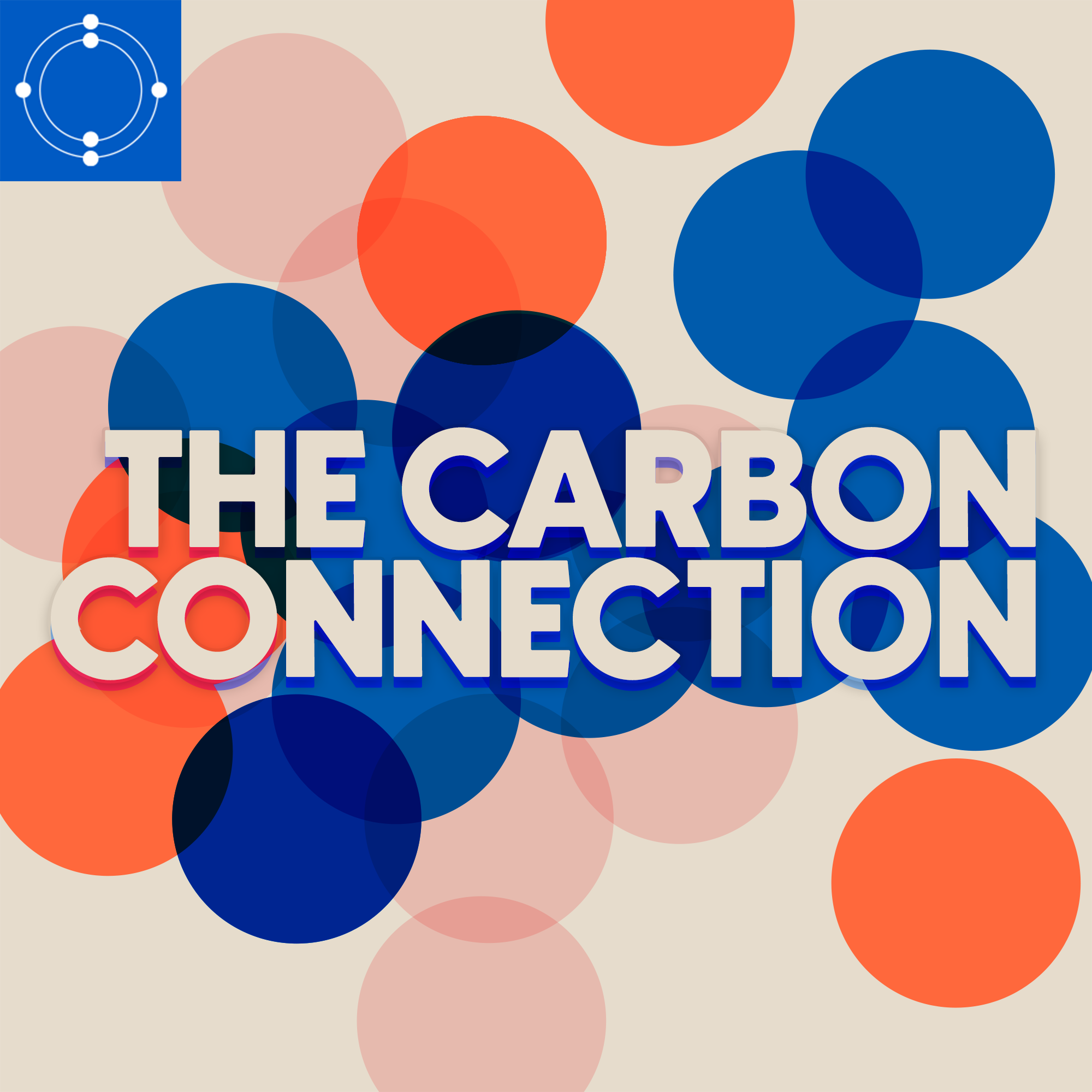Episode 12
DRILLED - The Bell Labs of Energy with Amy Westervelt
SUMMARY
In this episode of The Carbon Connection, we explore how Exxon, one of the world’s biggest emitters of CO2, once had a goal to become the “Bell Labs of Energy” with Amy Westervelt, host of the Drilled podcast.
This powerful episode tells the disturbing story of greed, short-sightedness, and climate denial. In the 1970s, Exxon knew climate change was a matter of when not if. Employing a team of brilliant scientists to study renewable energy and the effects of greenhouse gases, they were poised to become a leader in alternative energy. But it wasn’t to be. This episode looks at how Exxon missed a huge opportunity– instead of becoming a leader in the field of alternative energy, it became a nefarious player in the current climate disaster.
Drilled is a podcast series by investigative climate journalist Amy Westervelt. Now in its 7th season, Drilled is part of Critical Frequency, a women-run podcast network.
The Carbon Connection is part of the Carbon Almanac network of podcasts. To learn more about climate change and energy companies, click here. To learn more about alternative energy, click here.
CONTRIBUTORS
Special Acknowledgment: Amy Westervelt, host of Drilled and executive producer of the independent podcast production company Critical Frequency.
Episode Producer: Katherine Palmer
Editor: Tania Marien
Production Team: Anna Cosentino, Mary Pafford, Dr. Lynda Ulrich
Senior Producer: Tania Marien
Supervising Producer: Jennifer Myers Chua
Music: Cool Carbon Instrumental, Paul Russell, Musicbed
Episode Art: Jennifer Myers Chua
Network Voiceover: Olabanji Stephen


